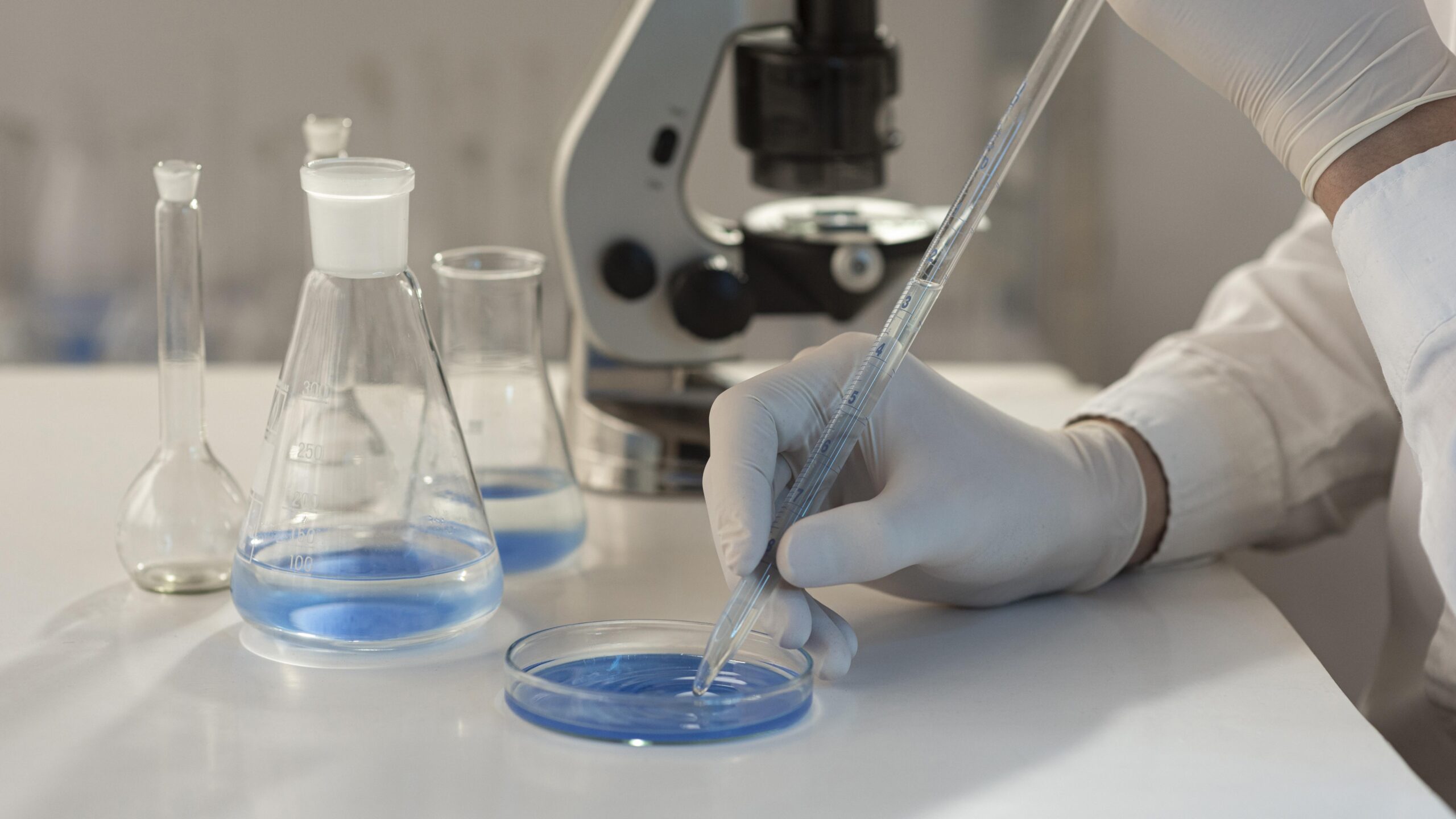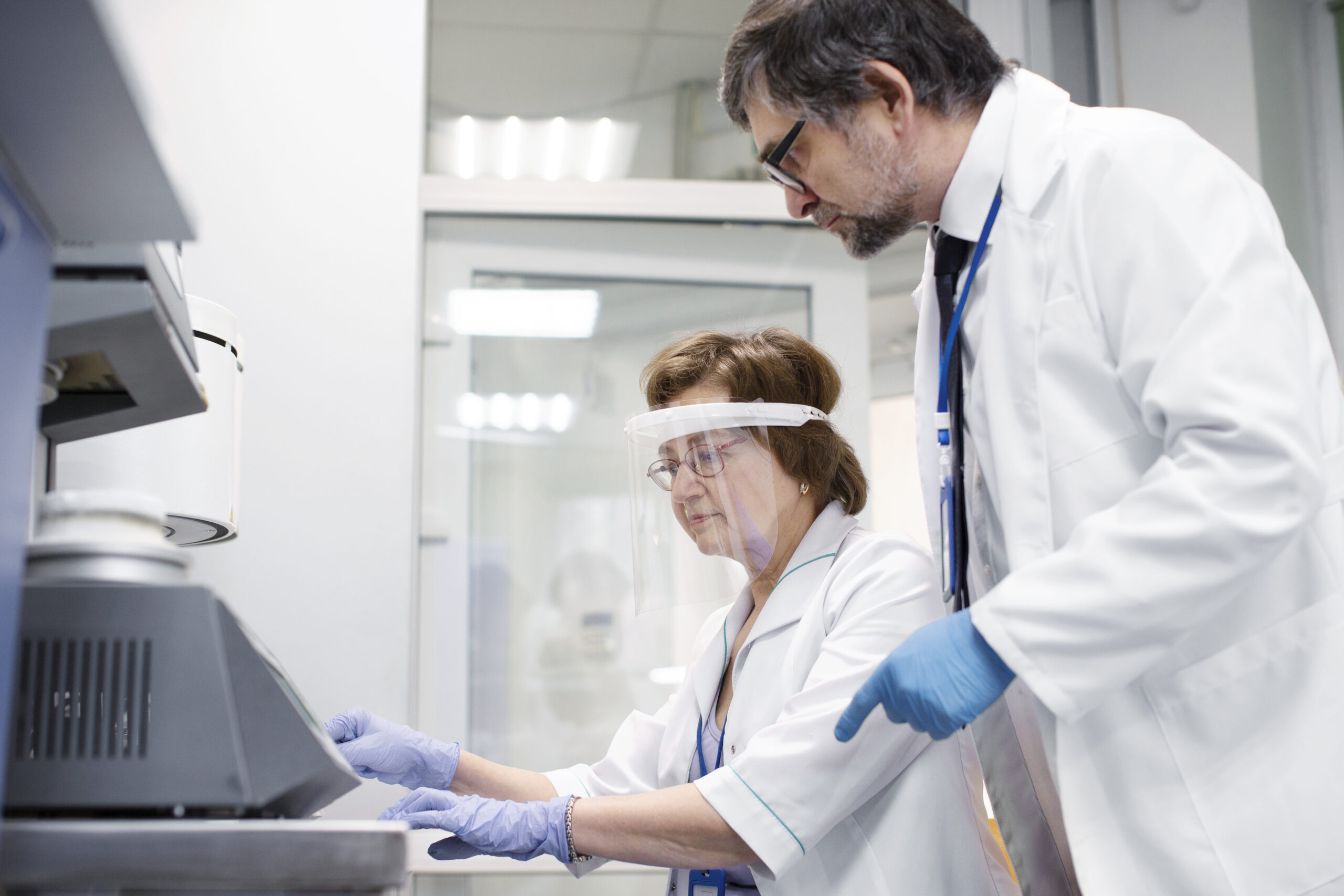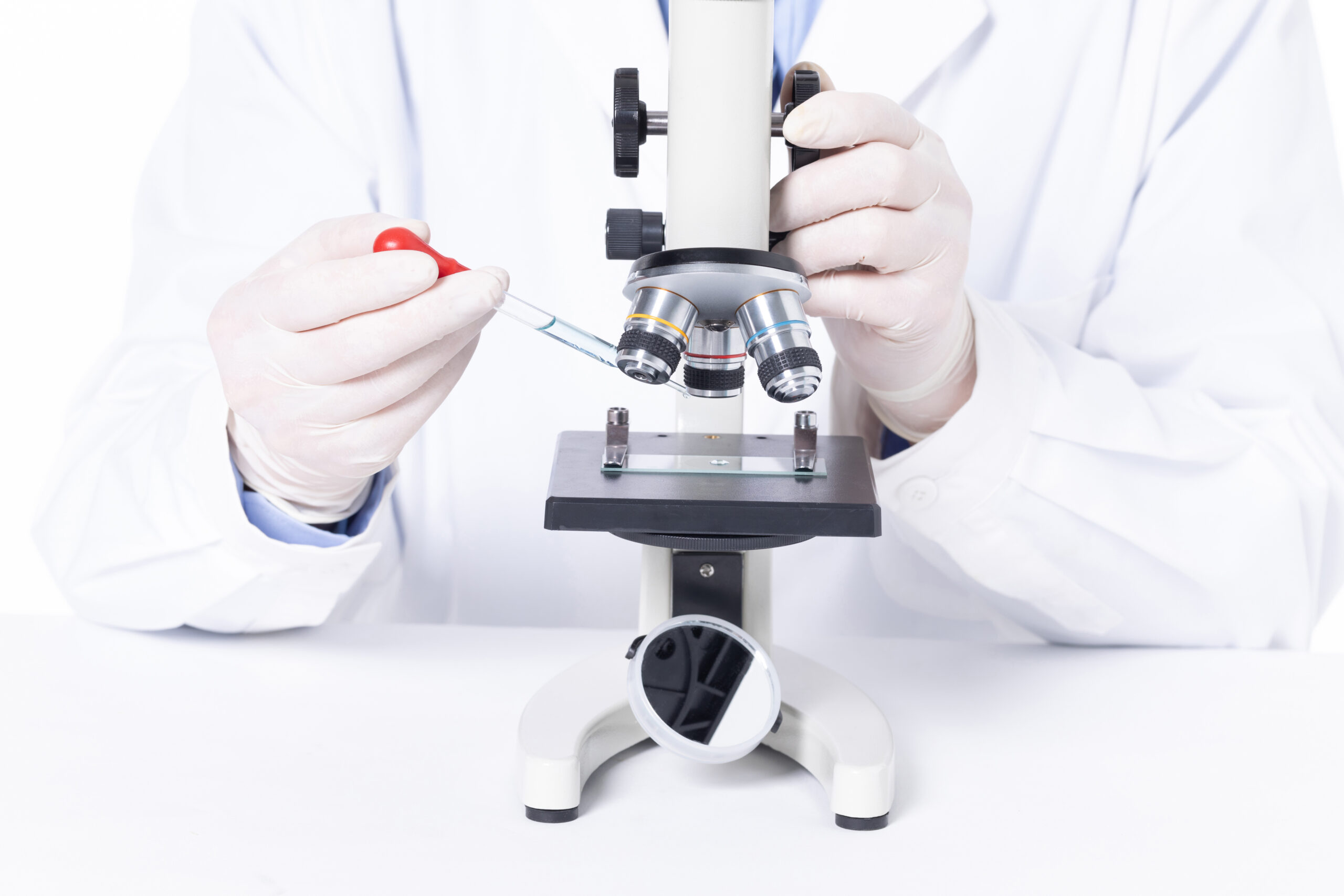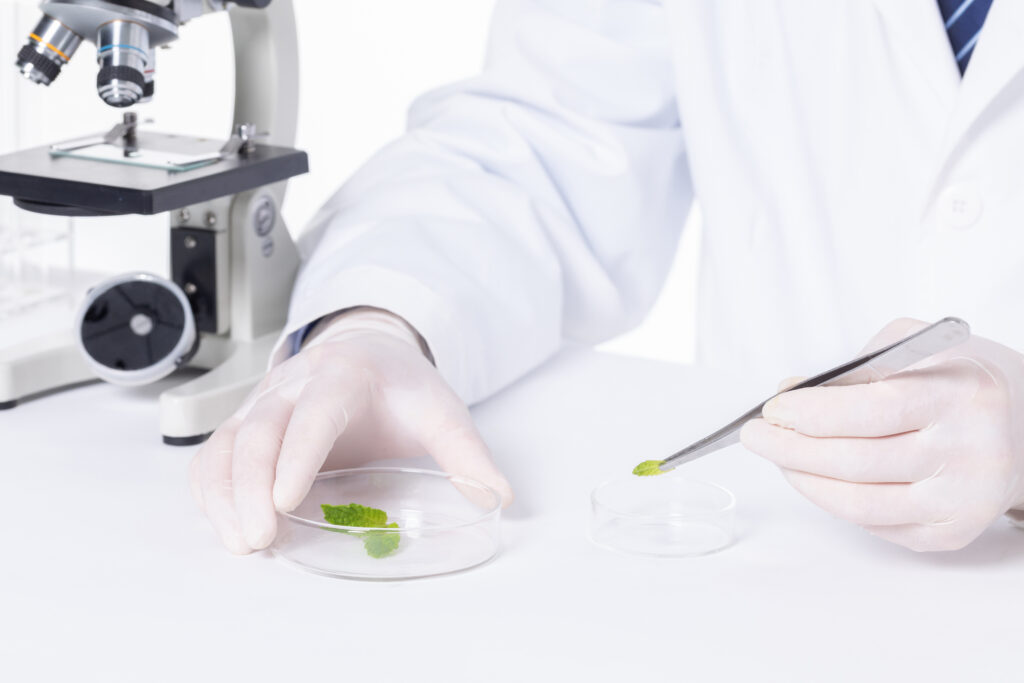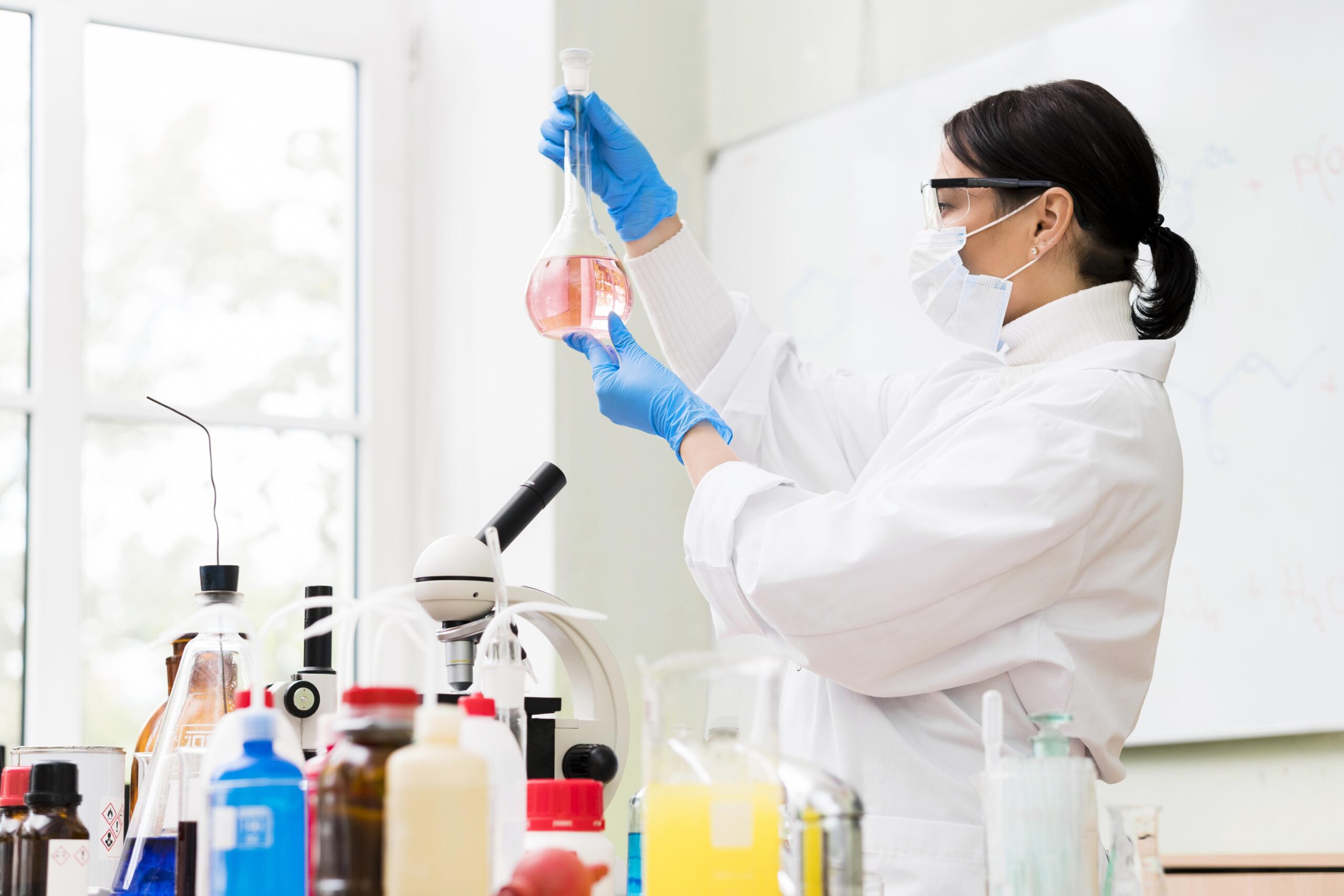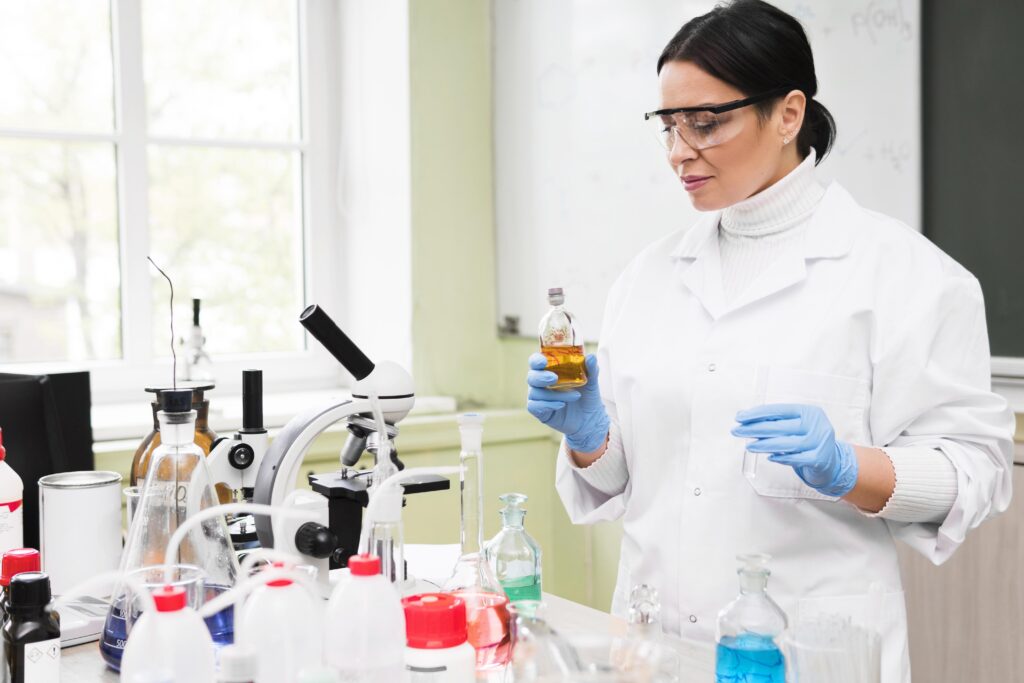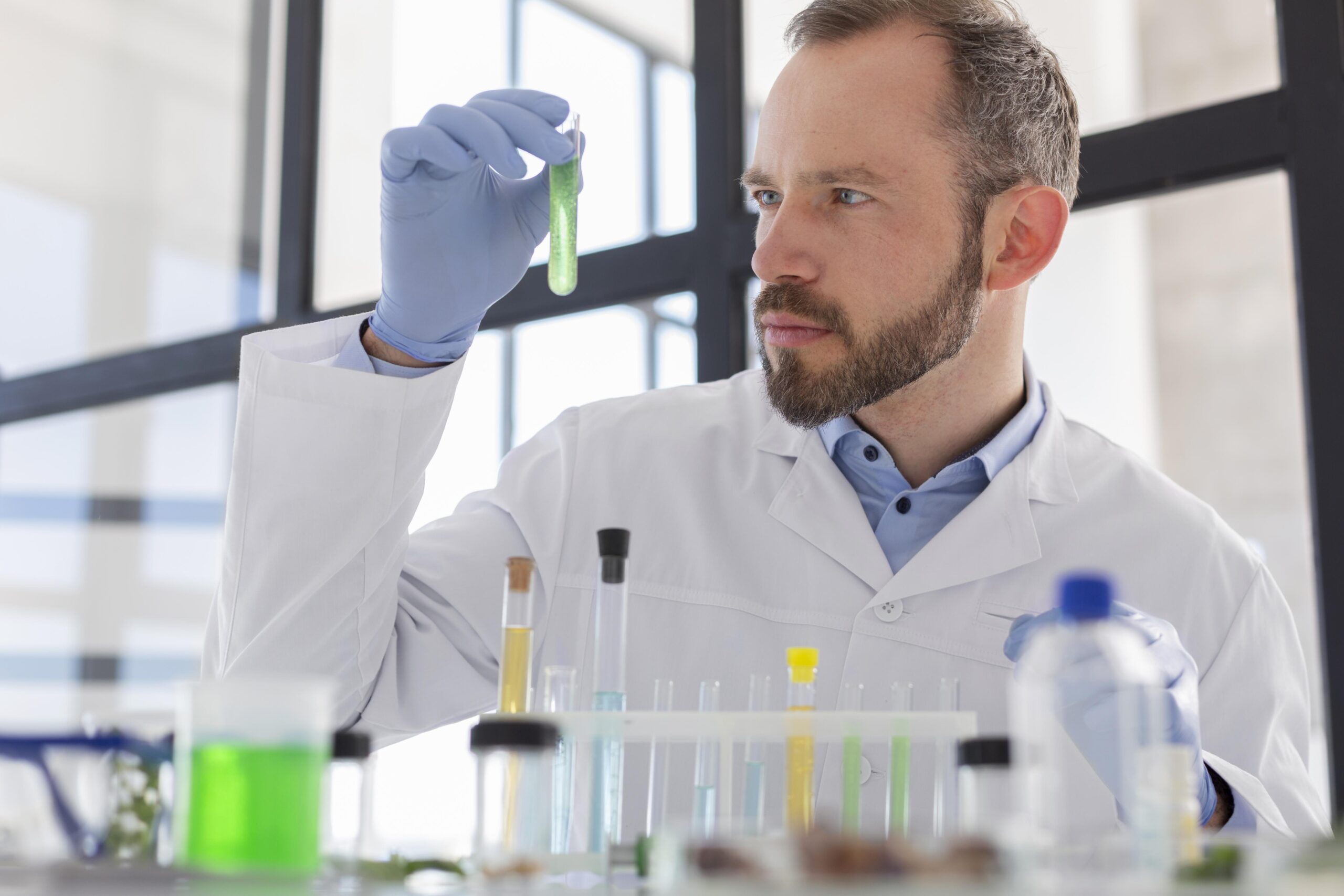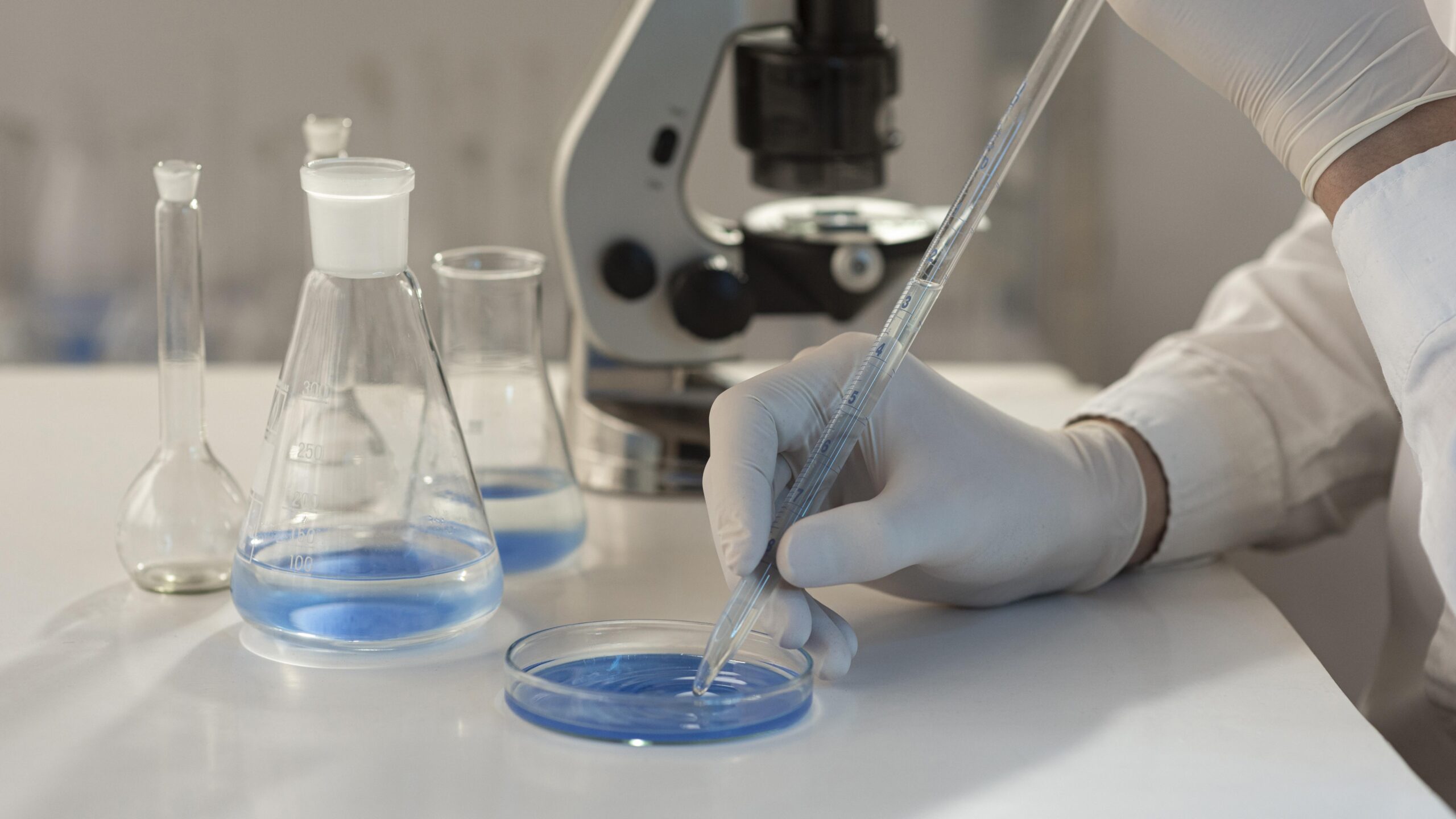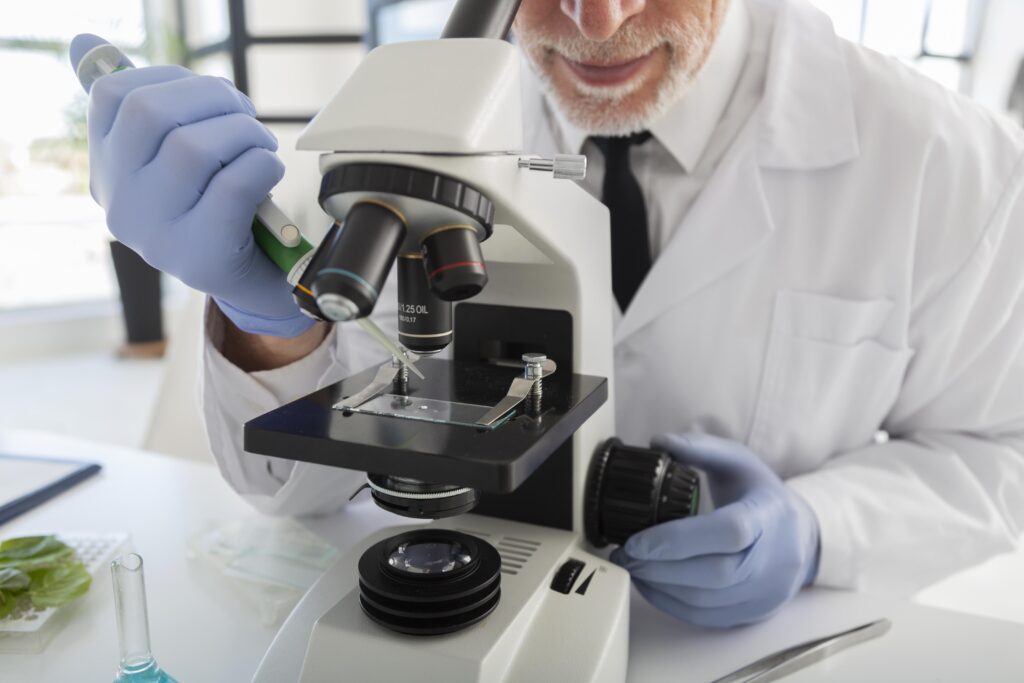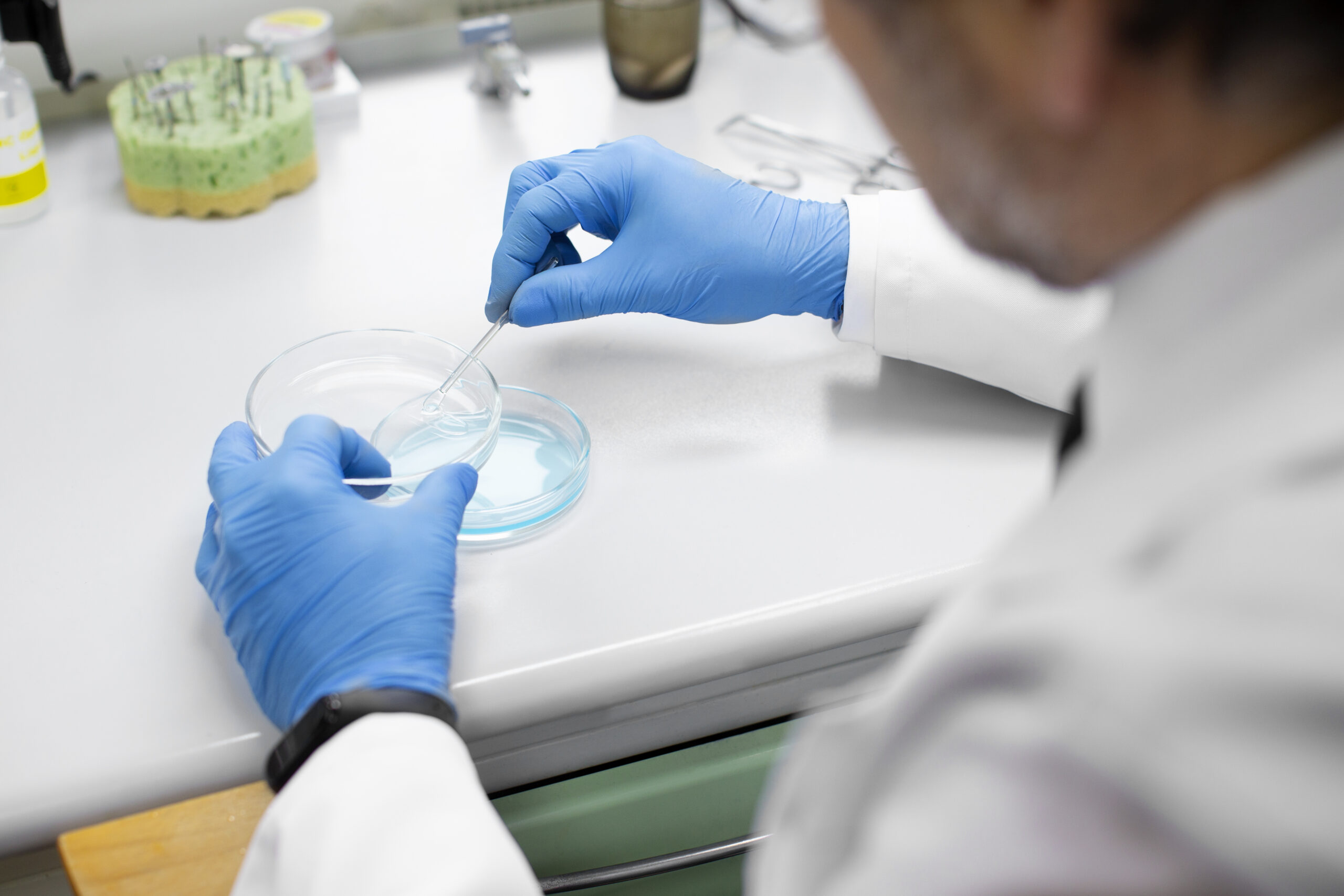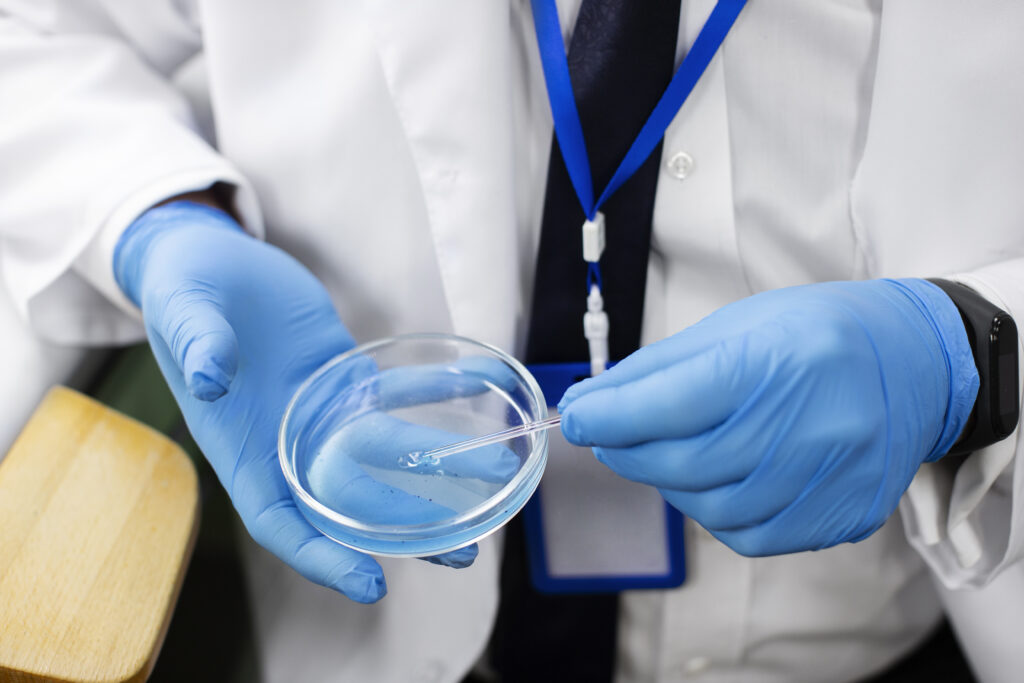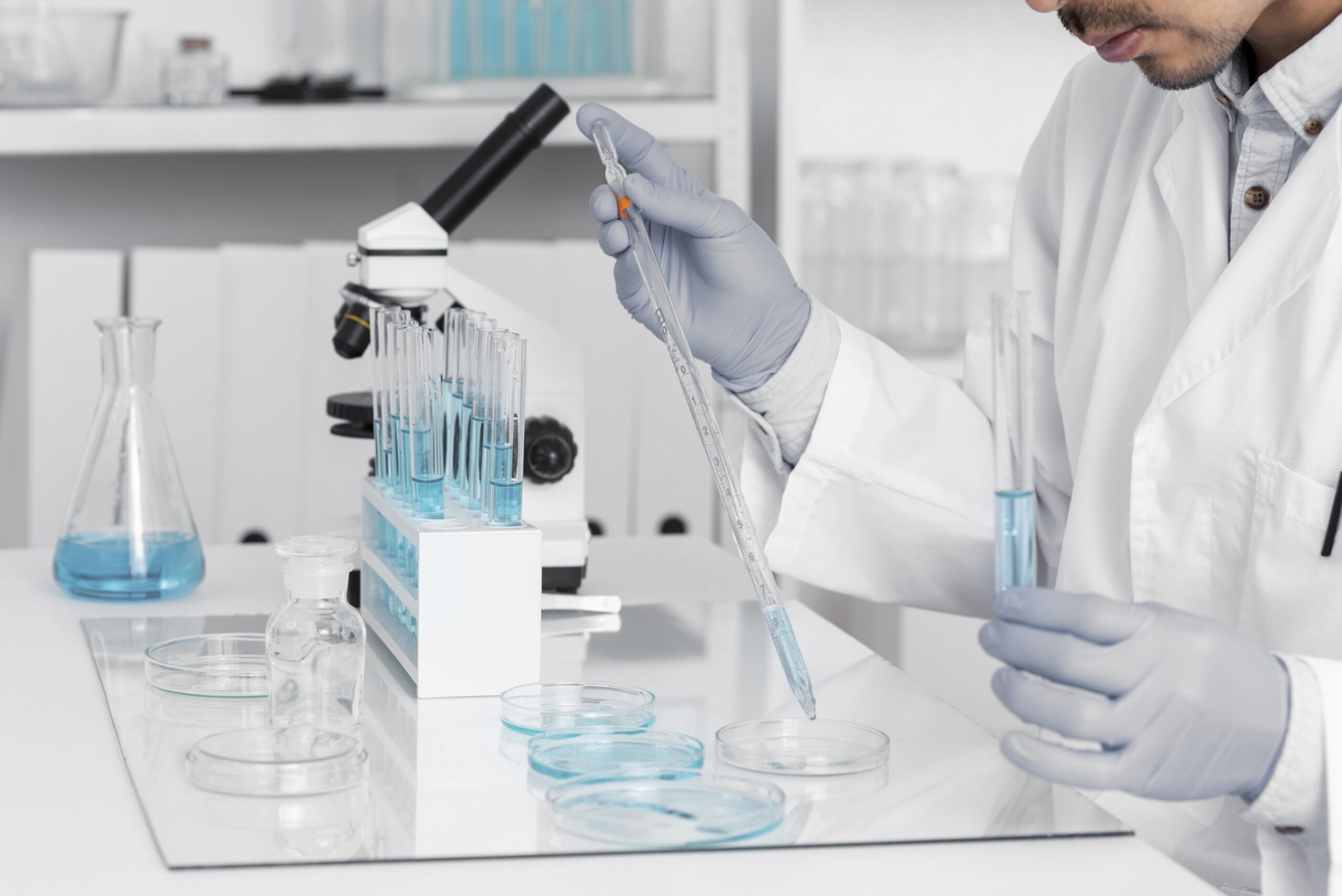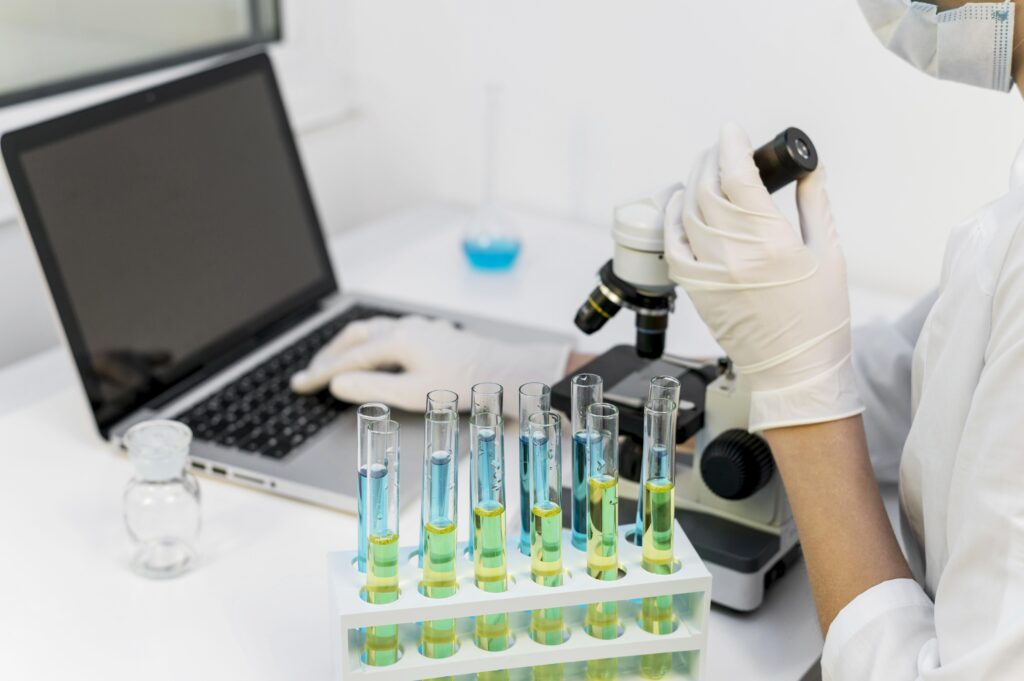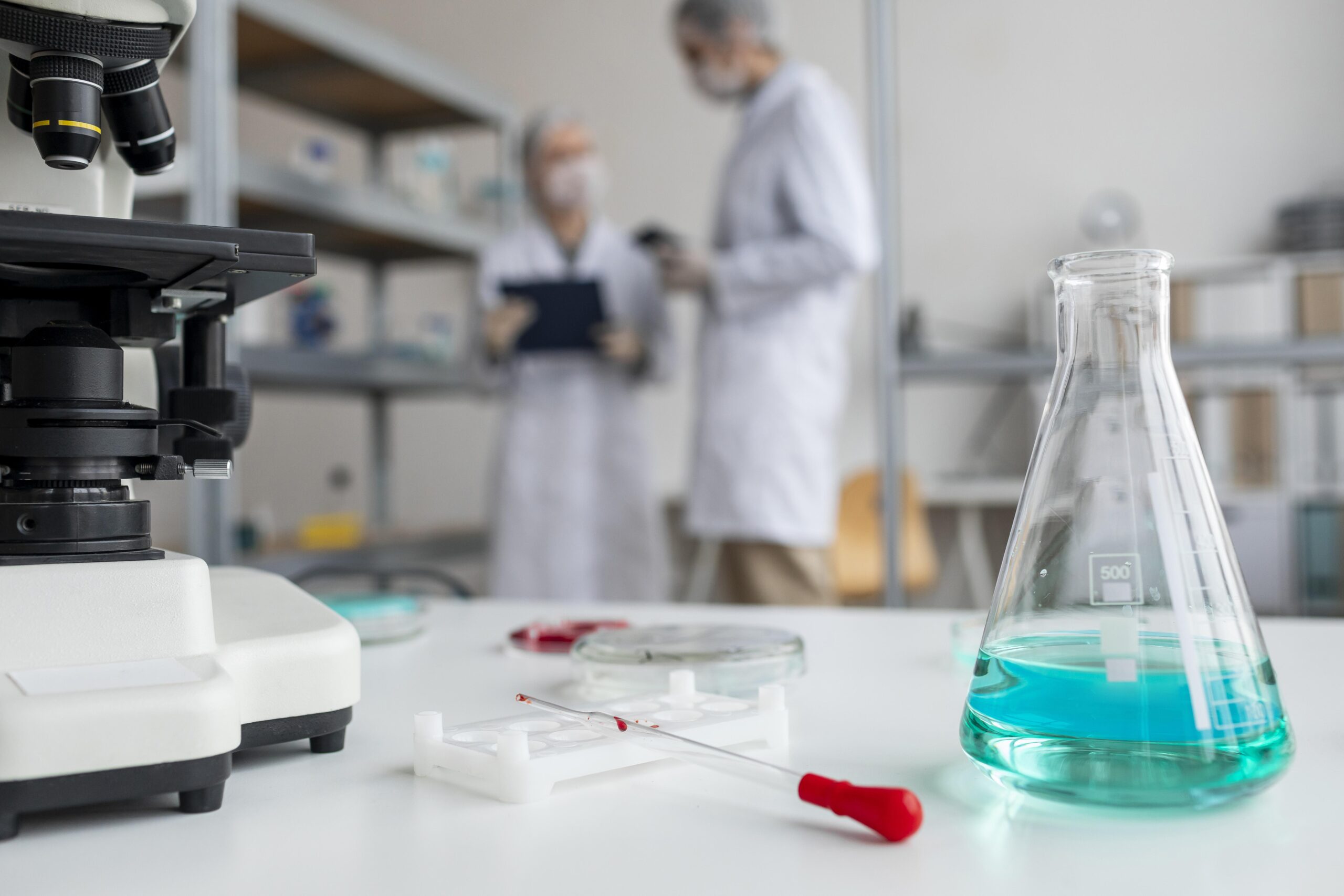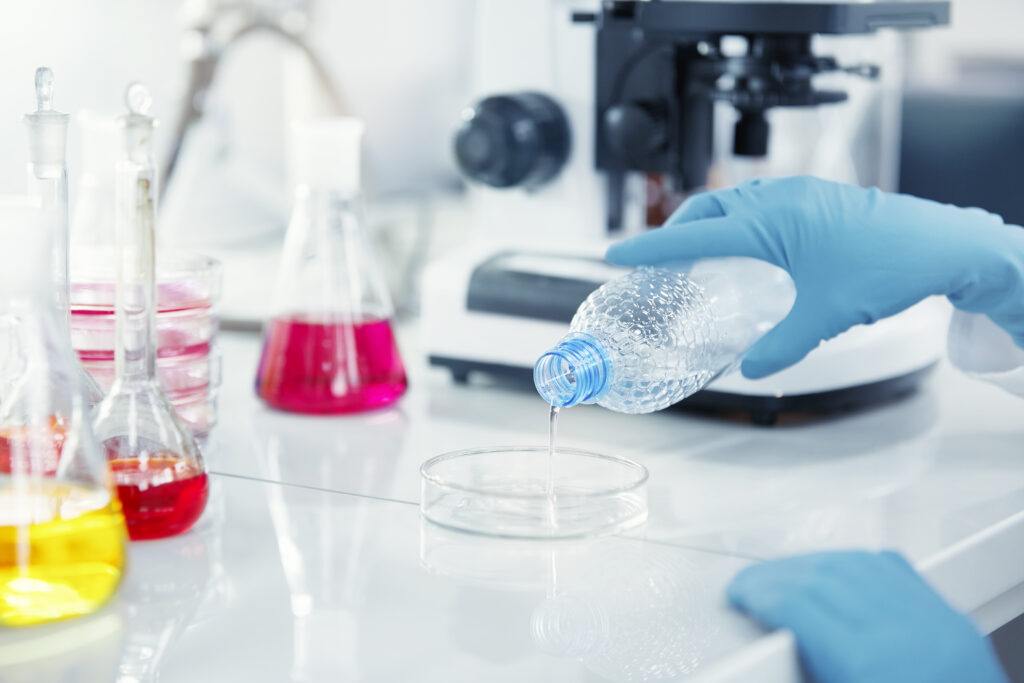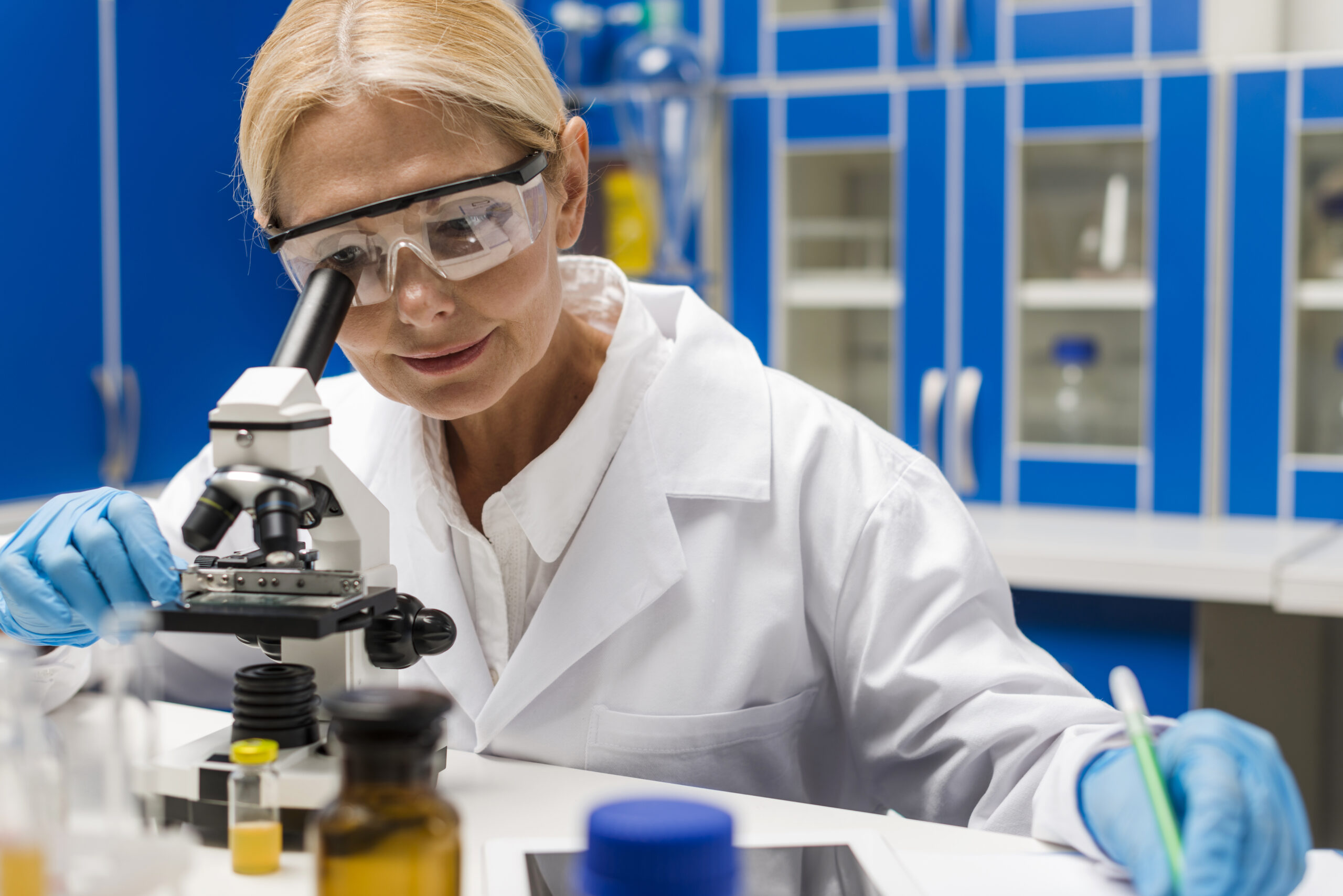Customers are expecting the food business to be more transparent in today's world when people are becoming more health-conscious. Consumers are curious about what's in their food, how it impacts their health, and if it satisfies their nutritional requirements. There is a lot of pressure on food manufacturers to make sure that their products are labeled correctly and are nutritious because of this shift in consumer expectations. This is where nutritional lab testing becomes important, acting as a safeguard for food safety, quality, and legal compliance.
In this blog, we will explore the importance of Nutritional Lab Testing for food manufacturers, its benefits, and how it impacts both the industry and consumers.
What is Nutritional Lab Testing?
Food products are scientifically analyzed to ascertain their nutritional makeup through nutritional lab testing. This involves evaluating calories, fiber, and other vital ingredients like sugars and sodium, as well as macronutrients like proteins, carbs, and fats, and micronutrients like vitamins and minerals. These tests yield precise nutrition labels, which are essential for educating people about the nutritional value of the food they eat.
Nutritional testing is typically carried out in accredited laboratories using advanced testing methods, including chromatography, spectrophotometry, and mass spectrometry, to ensure precise and reliable results.
Ensuring Accurate Food Labeling
To guarantee the correctness of their food labeling, food manufacturers participate in nutritional lab testing for a number of reasons. Many nations have laws requiring nutrition labels, and any inconsistency between the label's stated nutritional value and the product's actual nutritional composition can have major regulatory repercussions, such as penalties, product recalls, or even product sales prohibitions.
Additionally, accurate nutrition labels contribute to consumer trust. Customers are more inclined to select a product when they see that it has the nutrients they need. On the other hand, inaccurate labeling can harm a brand's reputation and cause consumers to lose faith in it.
Compliance with Regulatory Standards
Food safety authorities like the Food and Drug Administration (FDA) in the United States and the Food Safety and Standards Authority of India (FSSAI) supervise the various national standards and laws that each country has for nutrition labeling. These rules specify the information that needs to be on a food label as well as the acceptable tolerance limits for certain nutrients.
Food makers risk legal repercussions, product recalls, or being unable to sell their products in some areas if they violate these standards. Nutritional lab testing guarantees that goods fulfill these stringent regulations, shielding producers from liability and guaranteeing that customers obtain correctly labeled, safe goods.
Supporting Product Development and Innovation
Another crucial instrument in developing new products is nutritional laboratory testing. Food producers work hard to innovate by launching new goods and enhancing their current lineup. Nutritional testing assists producers in determining whether a newly developed or reformulated product satisfies certain dietary requirements, including reduced sugar, elevated protein, or enhanced fiber.
For example, producers may wish to develop a low-fat, gluten-free snack to appeal to health-conscious consumers. They can make sure the product satisfies its intended nutritional claims and complies with food safety laws by using nutritional lab testing. This raises the product's legitimacy while also drawing in health-conscious customers.
Ensuring Consumer Safety
Consumer safety is a paramount concern for any food manufacturer. Nutritional Lab Testing plays a critical role in identifying potentially harmful substances or inaccuracies in the nutritional composition that could pose a health risk. For example, excess levels of sodium or sugars in a product could lead to health complications for consumers with certain conditions, such as hypertension or diabetes.
Moreover, Nutritional Lab Testing helps detect allergens that may not be listed on the label but could be present in trace amounts in the product. Allergens like gluten, dairy, nuts, or soy can cause severe allergic reactions in sensitive individuals. By identifying these allergens, manufacturers can ensure that they provide the necessary warning on the label or take steps to remove these allergens from the product.
Meeting Consumer Demands for Transparency
Customers of today are more knowledgeable and motivated to make healthful decisions. Their concerns are on the nutritional value as a whole, the origins of the food, and the ingredients. Many food manufacturers have adopted stricter Nutritional Lab Testing methods in response to the increased need for openness in the food production process.
In addition to fulfilling legal requirements, providing precise and comprehensive nutritional information on food labels also satisfies customer demands for transparency. This can foster closer ties between producers and their clients, increasing sales and brand loyalty.
Nutritional Lab Testing in Specialized Diets
The rise of specialized diets, such as keto, vegan, and gluten-free, has further emphasized the importance of Nutritional Lab Testing. Consumers following these diets often rely on nutritional labels to ensure that the products they consume align with their dietary restrictions. For example, a person following a keto diet will look for low-carb options, while a vegan consumer will want to avoid any animal-derived ingredients.
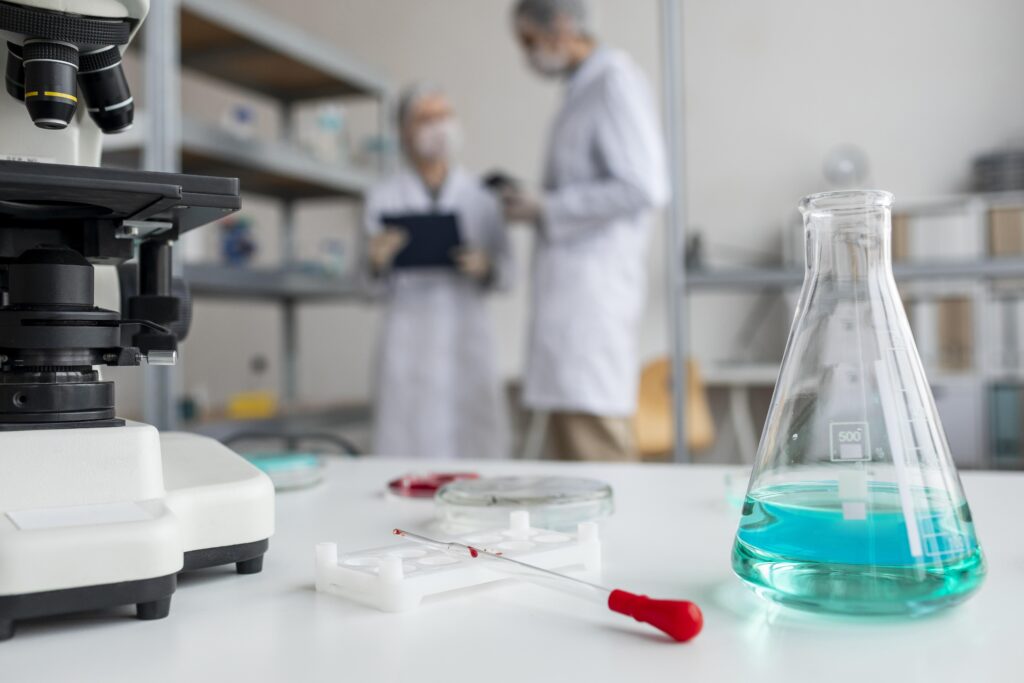
Manufacturers catering to these niche markets need to be especially diligent in testing their products to ensure that the nutritional content meets the specific needs of their target audience. Nutritional Lab Testing helps ensure that products designed for these specialized diets are properly labeled, minimizing the risk of mislabeling and ensuring customer satisfaction.
Building Brand Reputation
A strong commitment to transparency and food safety can significantly boost a company’s reputation. Manufacturers who invest in thorough Nutritional Lab Testing demonstrate their dedication to producing high-quality, safe, and nutritious products. This not only attracts health-conscious consumers but also helps build trust with retailers and regulators.
In an era where misinformation can quickly spread through social media, ensuring that your products are accurately labeled and meet nutritional standards is essential for maintaining a positive brand image. Brands that can demonstrate a commitment to accuracy and safety through Nutritional Lab Testing are more likely to gain consumer trust and loyalty.
Conclusion
In a competitive and highly regulated industry, Nutritional Lab Testing is indispensable for food manufacturers. It ensures accurate labeling, regulatory compliance, consumer safety, and product innovation, while also meeting the growing demand for transparency. By investing in Nutritional Lab Testing, manufacturers can not only avoid legal and financial risks but also build a stronger brand reputation and foster consumer trust.
As the food industry continues to evolve, driven by trends like health consciousness and specialized diets, the role of Nutritional Lab Testing will only become more important. For manufacturers, staying ahead of the curve through rigorous testing is not just a regulatory requirement—it’s a key driver of success in today’s market.

